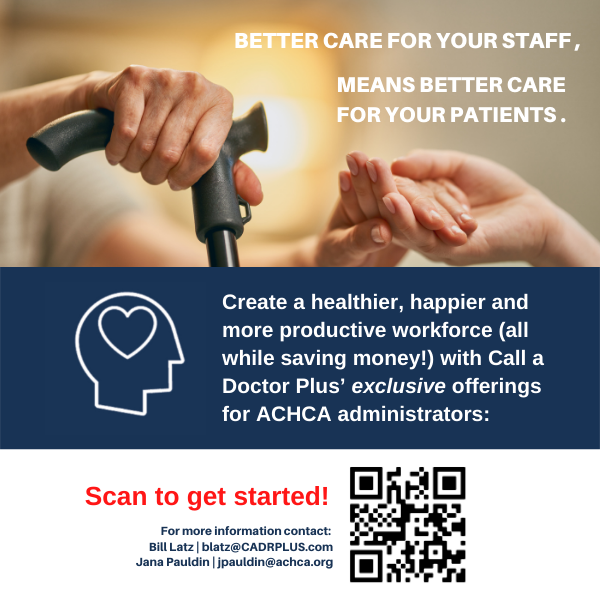Romance And Aging
Travel agencies try to persuade us that romance flourishes in the right setting. Advertisements barrage us with products that promise to make us sexy, glittering, powerful, desirable.
Although these messages are biased and superficial, they do touch upon the truth. There are circumstances that quicken our heartbeat and sharpen our appreciation for sensual possibilities. We feel good and want to share the feeling. We look good to each other and something very pleasant might well happen.



